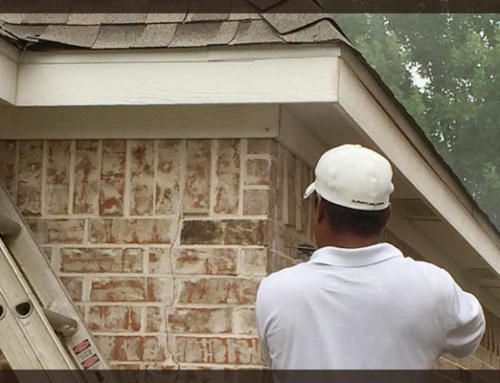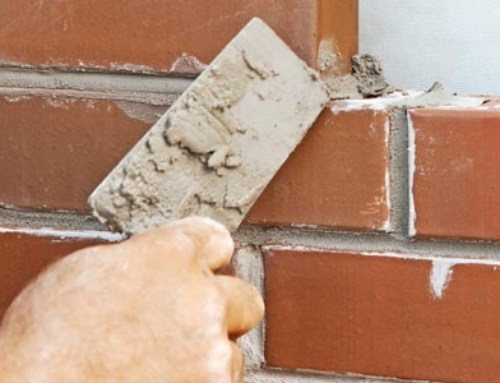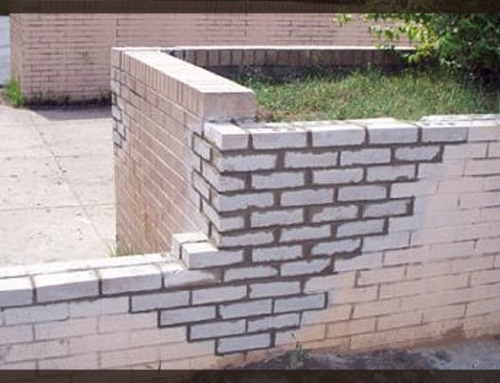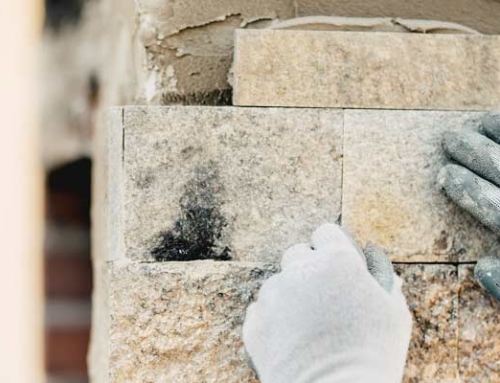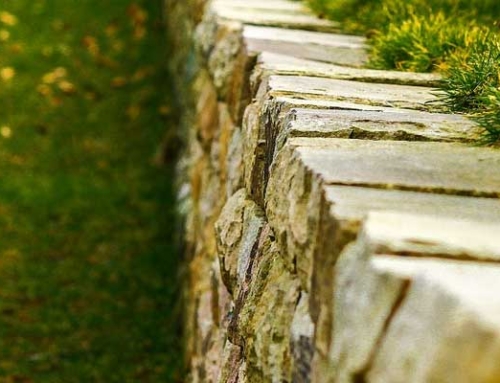Stonemasons are craftsmen who work with stones to create homes, buildings and structures. They know how to manipulate, shape, polish and carve the stones into a specific design. This also includes stone features like the installation of retaining walls, chimneys, and patios. A stone masonry contractor is able to handle natural and manufactured stone to create different installations and even a home.
Types of Stone Masonry
There are two main classifications of stone masonry: rubble and ashlar masonry. In rubble masonry, the stones used are made up of widely different sizes. The stonemason can decide to leave the stones uncoursed or they can square them off with a straightcut finish. This is considered the cheapest and roughest form of stone masonry because the stones can be in random sizes. As for ashlar masonry, this is when each stone is cut into a uniform size and shape, while ensuring that it forms a rectangular shape. Each of the stone are chiseled to remove all unevenness and to obtain perfectly horizontal and vertical joints, making it easier to put all the stones together. Consequently, this type of stone masonry is very costly.
With that in mind, listed below are just some of the different methods of stone masonry construction.
- Mortared stones. This method involves the use of cement mortars to stack and affix the stones together. The mortar fills the gaps between the stones, so this can be used for both rubble and ashlar masonry.
- Dry-stack stones. Stone masonry actually originated from this technique, wherein stones were carefully lined up without mortar to build a structure. In this case, gravity serves as the mortar or glue that holds all the stones together. This technique was more challenging because it required more skill and time.
- Veneered stones. This type of stone is commonly used as a protective and decorative covering for exterior and interior walls or surfaces. The reason for this is because the veneer is usually only 1 inch thick and must weigh less than 15 pounds per square foot so that no additional structural supports are needed. This type of stonework is not meant for building foundation; it is simply for show. In fact, most construction today consists of non-structured veneered stones against a structural wall of concrete or cinderblock to make it seem like the entire foundation was made out of pure stone.
- Slipform stones. This method is considered a cross between traditional mortared stones and veneered stones. It involves the use of formwork to help contain the stones and mortar, while keeping it straight. Short forms about two feet tall are placed on both sides of the structure to serve as a guide. Once this is done, the stones are placed inside the short form where concrete will then be poured behind the rocks. With this, the structure is reinforced by both stones and concrete.
With all these different methods and techniques, it is clear that it takes a certain amount of skill to work in stone masonry construction.


